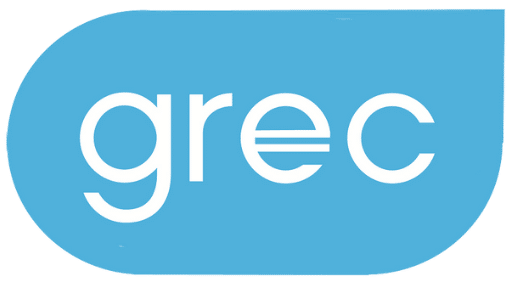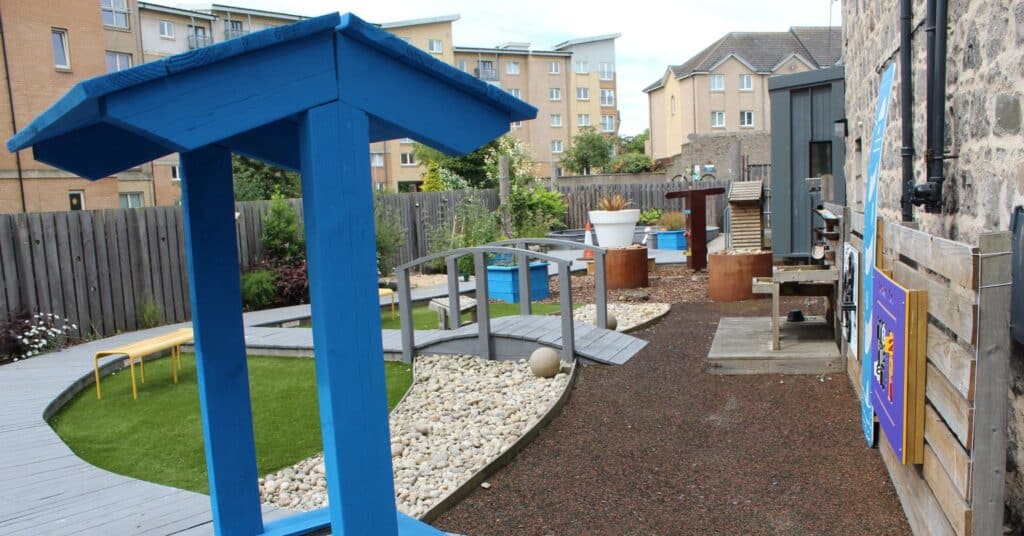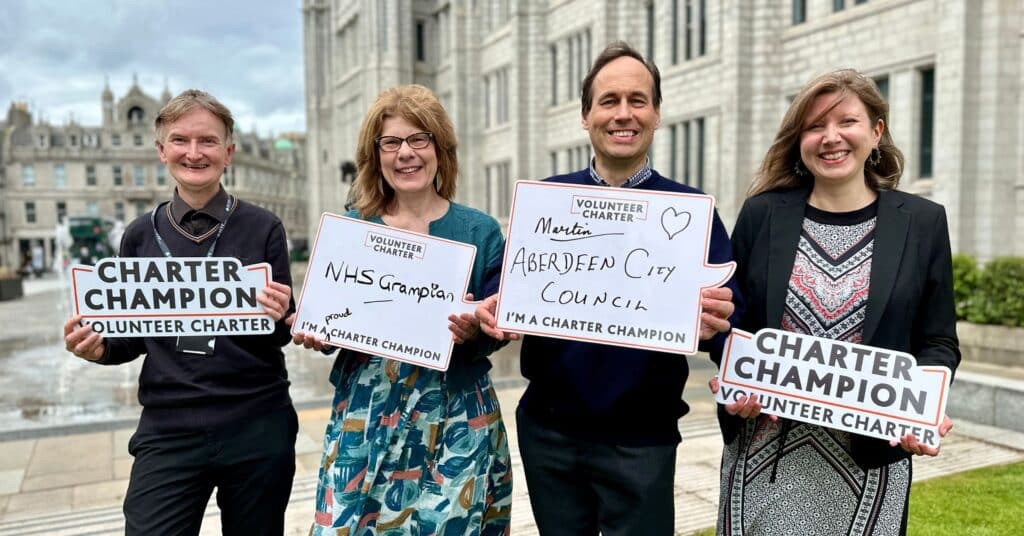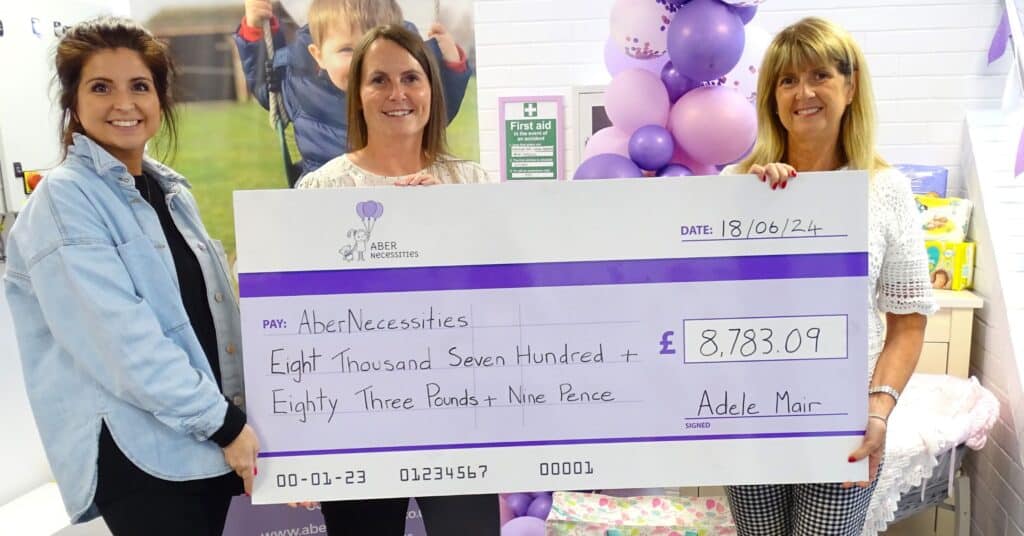GREC’s interpreting and translation service, In-Trans, has been running for 17 years, having first been established to support NHS Grampian with an increased number of patients with limited English.
Since then, In-Trans has grown to deliver thousands of interpreting and translation jobs every year, for the public, private and third sector.
In a sector that is surprisingly unregulated, we are really proud of the work that we continue to do develop a service with extremely high standards, e.g. an external oral and written assessment for community interpreters (i.e. those without a formal qualification) that we work with. We are also very passionate about offering training and development opportunities to the interpreters that we work with (over 120 speaking 54 languages).
In the past 5 years we have had more and more feedback from interpreters about the mental health impact of the work that they are doing, including secondary trauma caused by involvement in distressing causes, e.g. involving end-of-life situations, gender-based violence, complex mental health cases, and working with people who have fled torture and war-torn countries.
As a result of these discussions, and as an organisation we became more aware of trauma-informed practice, In-Trans’ Co-ordinator, Rosilda Panoni, started to explore these issues with two of GREC’s most experienced counsellors (Riitta Jutila and Tuck-Chee Phung). With an initial small pot of funding from NHS Grampian’s Equality and Diversity team, and later a grant from NHS Grampian’s Endowment Fund, we have been steadily developing an approach that provides more awareness and support for the interpreters that we work with.
We initially held workshops with our counsellors, Riitta and Tuck-Chee, where we further explored these issues, and what improvements interpreters felt would be helpful. Some of these were more practical things, e.g. more information on what to expect when attending an appointment, whilst others suggesting having someone to speak to about their experiences would be very helpful. One significant barrier we faced though is the very sensitive and confidential nature of the information the interpreters are exposed to, and getting the balance between offering a space to speak, and data protection concerns, has been paramount in our thoughts as we have developed this project.
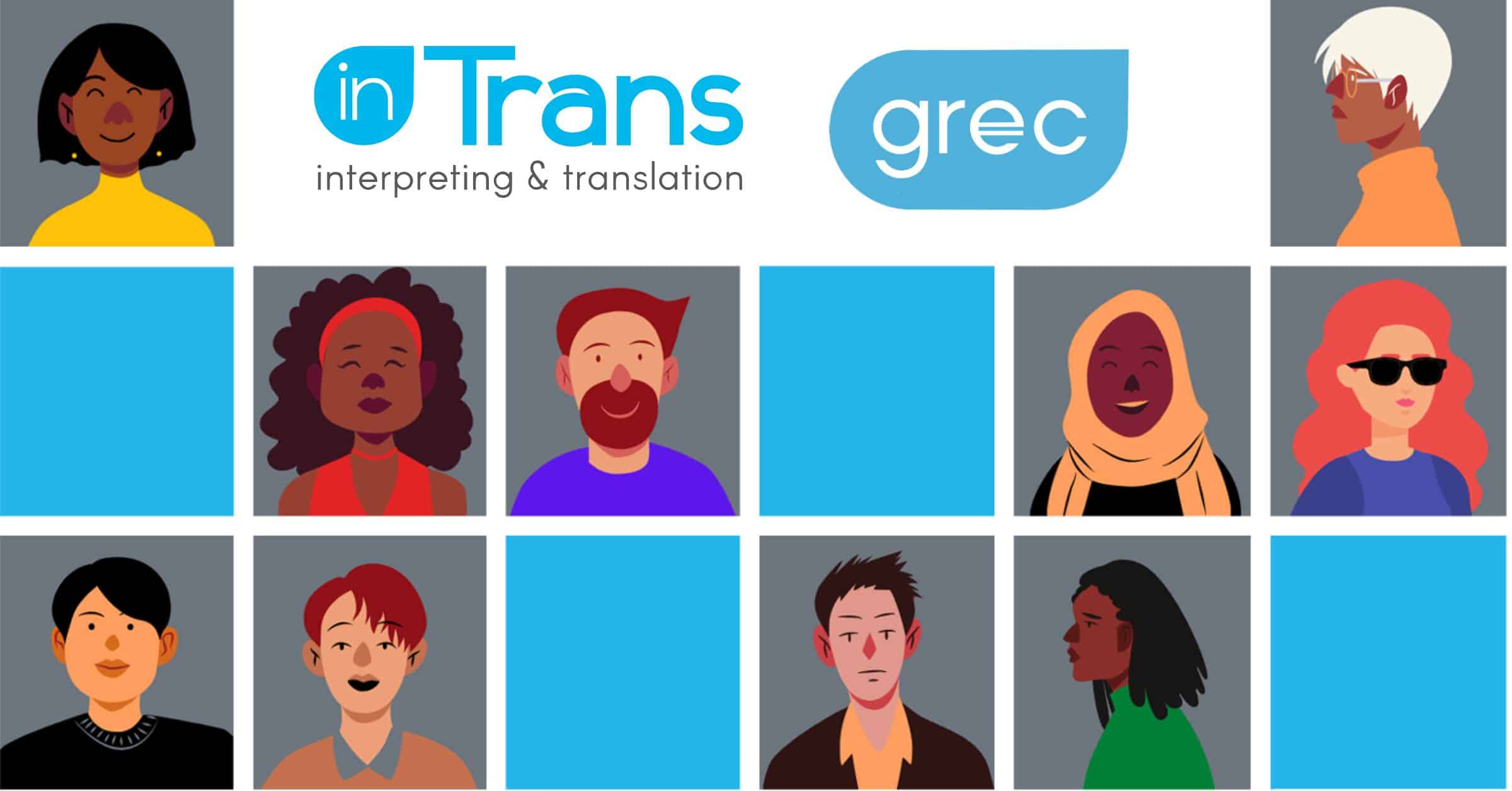
We turned to a very experienced professional, Beverley Costa, founder and director of the Pasola Project who “create project-specific responses and solutions for psychological health and social care issues across languages”. Beverley has undertaken a range of research and projects that explore the intersection between counselling, mental health, bi-lingualism and interpreting.
With Beverley, and our counselling team, we piloted a peer support model for interpreters. This involved a selection of our more experienced interpreters being trained as facilitators to lead peer support groups. These group sessions gave interpreters the space to share the impact of the work that they’d been undertaking, in a way that retained confidential and appropriate boundaries, but allowed other interpreters with similar experiences, to empathise and share ideas and solutions. Group facilitators receive regular supervision from our experienced counsellors, allow them to allow develop and improve their approach.
We are extremely proud of the support model that we’ve developed with our volunteers and partners at GREC. We believe this is a unique approach to Scotland, and that In-Trans is in many ways leading the way in an ethical approach to interpreting and translation. The project has been covered in a range of recent publications, including The Interpreting Academy Newsletter, The Linguist (the magazine of the The Chartered Institute of Linguists_ and the British Association for Counselling and Psychotherapy’s Therapy Today journal.
We are also excited by the idea of trying out the model within other third sector settings, e.g. with frontline workers experiencing secondary trauma, and are keen to here from organisations who would like to explore a partnership around this approach.
Grampian Regional Equality Council (GREC) are a registered charity based in Aberdeen, taking a leading role in advancing equality across North East Scotland – including Aberdeen City, Aberdeenshire and Moray. They work to tackle prejudice and discrimination, celebrate diversity, build positive community relations, and provide evidence to change policy and practice. Find out more about their work at grec.co.uk

